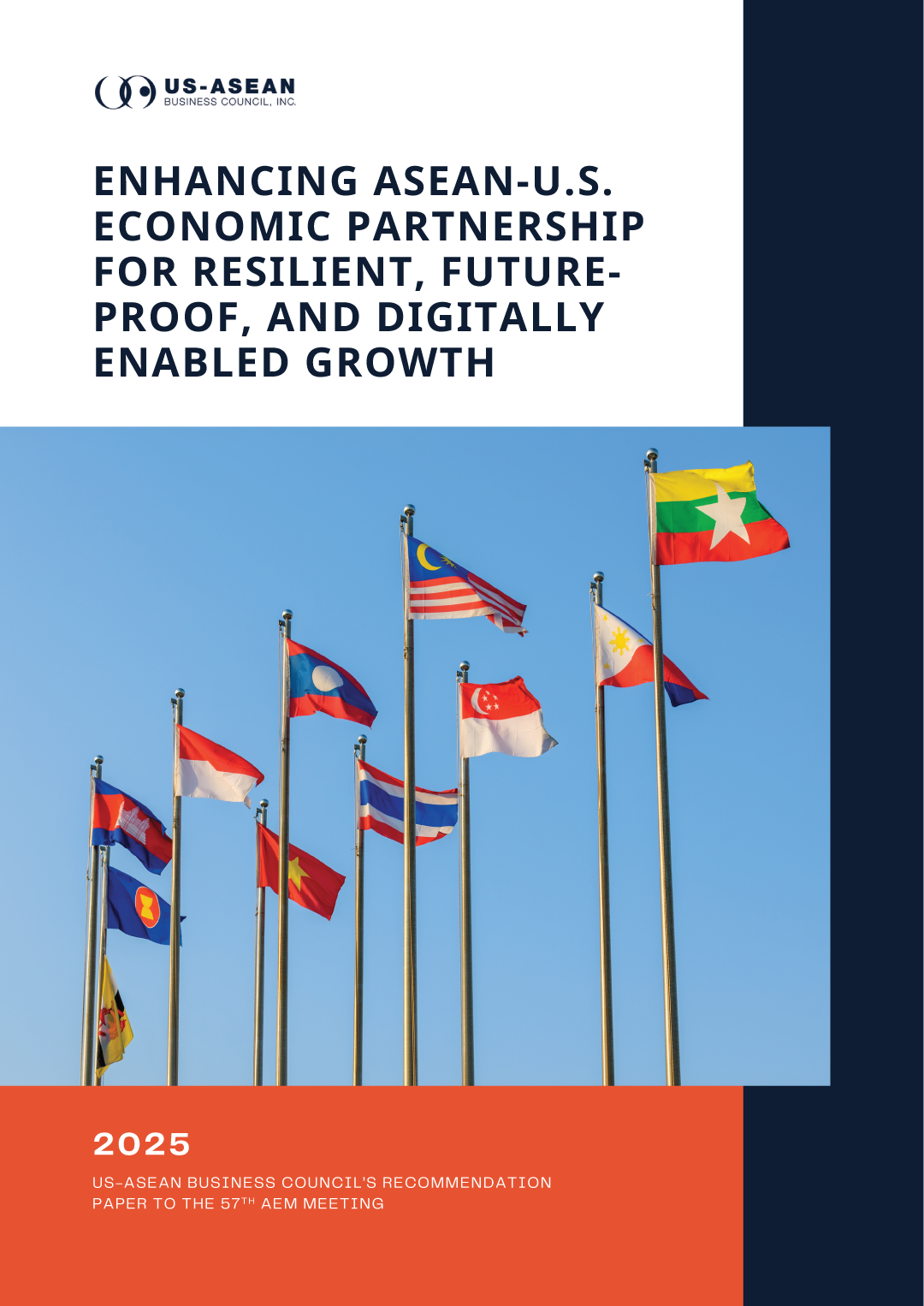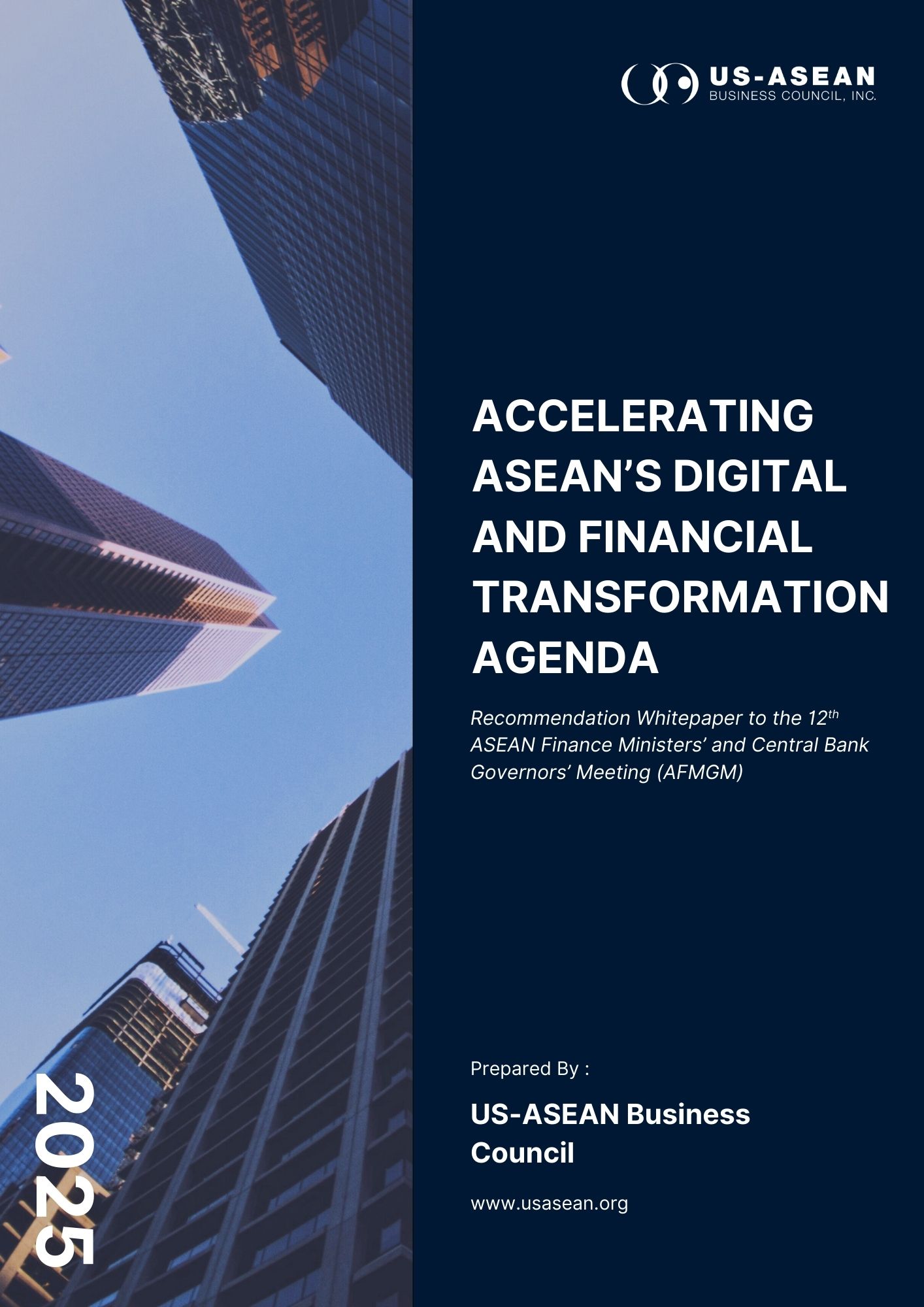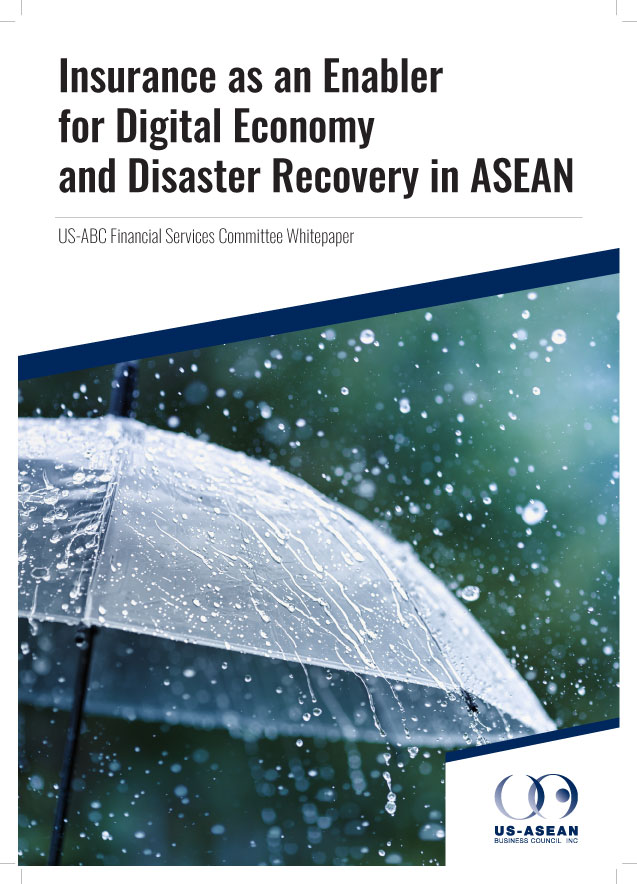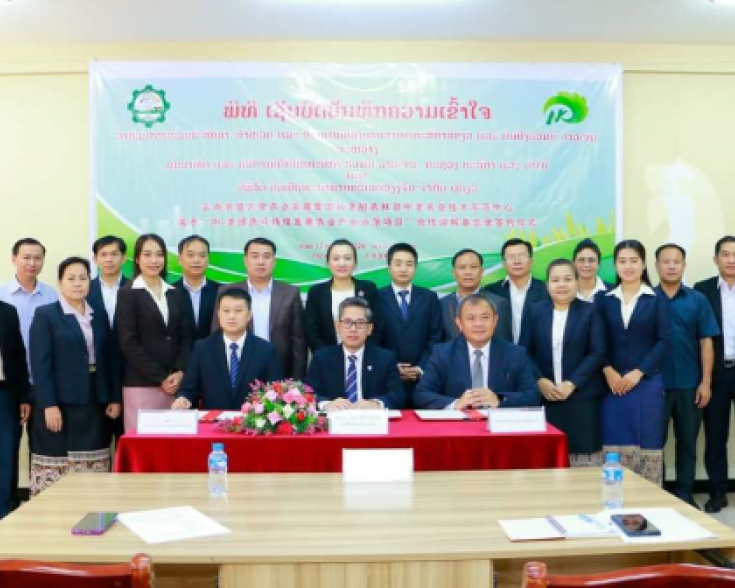Laos restores the VAT rate to 10%
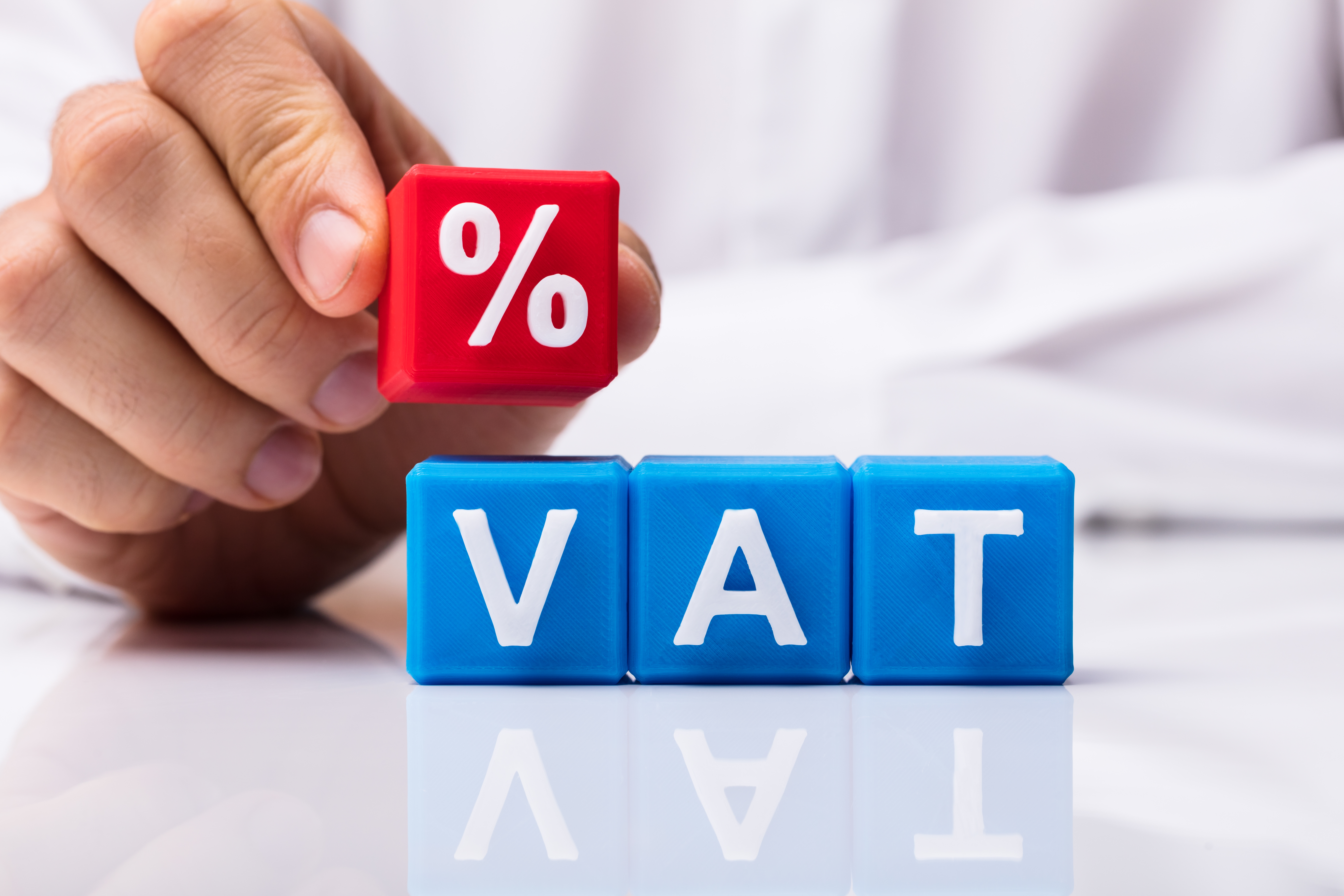
On March 19, the President of Laos, Thongloun Sisoulith, signed a decree to restore the value-added tax (VAT) rate from 7% to 10% to support the country’s budget revenue. The VAT rate of 10% will be applicable to a range of transactions, including imports, goods, general services, as well as electricity usage.
The decree does not immediately take effect. It is still awaiting the approval of the Lao National Assembly and the Ministry of Justice, then will go into force 15 days later. It is a necessary step for the government to support socio-economic development in the context of the macro-economic challenges and large external debts.
In response to the COVID-19 pandemic, the VAT rate was lowered from 10% to 7% on January 1, 2022, with the goal to stimulate the economy and encourage more businesses to register for VAT. However, such a low VAT rate does not stimulate the economy as expected, and fewer companies registered under the VAT Law than expected. Therefore, the government needs to restore the VAT rate to increase revenue, reduce the budget deficit, and stabilize the Lao currency.
In 2023, Lao GDP growth was forecasted at 3.7%, up from 2.7% in 2022, but much lower than previously expected. The country is experiencing such a high inflation rate. In February, Lao inflation rate hit a 4-month high of 25.35%. Sectors contributing to such high inflation include hotel and restaurant, clothing and footwear, medical care and medicines, food and beverages, transport, and communications. This surge in inflation is impacted by several factors, including soaring fuel prices, the shortage of fuel, and the depreciation of the Lao kip against major currencies, including US dollar and Thai baht. The main reason for the kip’s falling value has been the lack of foreign currency available in the country, which is a result of the obligations to repay large external debts and limited capital inflows. According to World Bank estimation, a 1% decline in the value of the kip will lead to a 0.5% increase in consumer prices.
To deal with the situation, the Bank of Lao PDR issued a new regulation mandating foreign investors to open local bank accounts, which applies from February 10. It aims at attracting more foreign currency to enter the Lao banking system, addressing the shortfall in the Lao balance of payments and stabilizing the kip.
The VAT increase is another measure to support the macro-economy, improve domestic revenue, and create more fiscal space for investing in basic public services. With the increase in VAT, in the short run, the local residents may witness a rise in the prices of goods and services, which may raise concerns about affordability. However, in the long run, this VAT increase is necessary to strengthen the government budget and manage inflation by reducing the individual’s spending power.
This change in the VAT does not come as a surprise. This was recommended by the World Bank in the November 2023 Lao PDR Economic Monitor. Besides the VAT increase, the Lao government is also considering other measures, such as accelerating the construction of a tax refund mechanism to help reduce the government’s financial losses through tax exemption.

